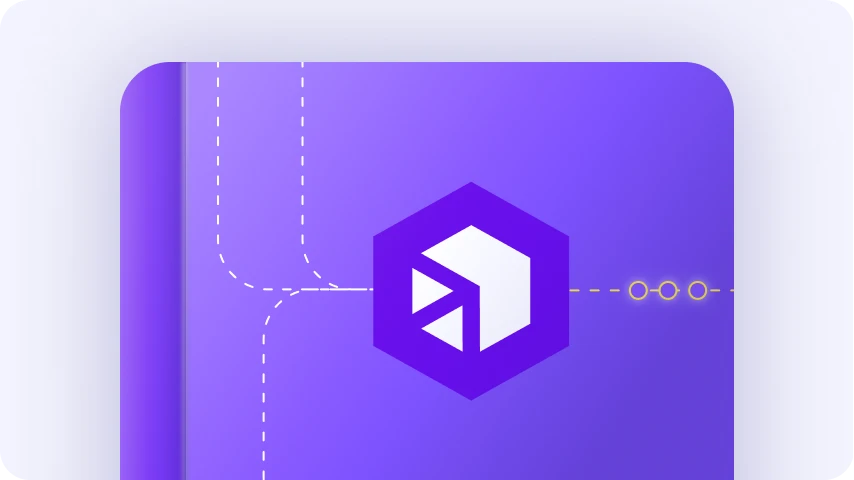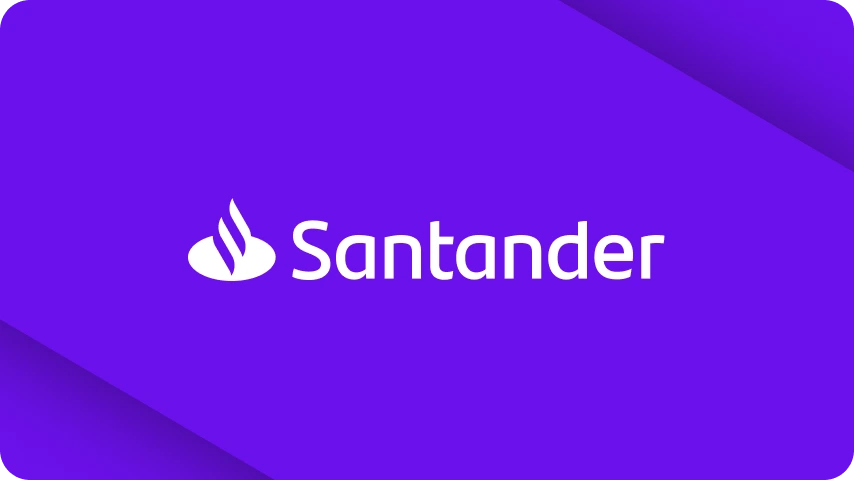
Mesmo após mudança de core bancário, Digibee ajuda a lançar o aplicativo da fincare em tempo recorde

Mesmo após mudança de core bancário, Digibee ajuda a lançar o aplicativo da fincare em tempo recorde

Este e-book aborda como as organizações de serviços financeiros podem garantir flexibilidade, agilidade e escalabilidade para se manterem relevantes em um mundo digital em primeiro lugar.
Cada vez mais, as organizações de serviços financeiros estão a recorrer à nuvem e à tecnologia moderna como forma de expandir os seus negócios e gerar receitas. A transição da infraestrutura local obsoleta tornou-se vital para garantir o sucesso na vertical financeira.
Para que os bancos e os prestadores de serviços financeiros tenham sucesso, terão de aproveitar novas ferramentas e tecnologias para responder às novas exigências dos consumidores – ao mesmo tempo que maximizam a eficiência e impulsionam os seus resultados financeiros. A tecnologia impacta a conveniência, lucratividade, eficiência e segurança nos serviços financeiros.

Discutindo a função de gerente de produtos técnicos e o significado da integração no espaço bancário de varejo com o especialista em gerenciamento de produtos Matt Anderson.

Um exame das conclusões do relatório SEI de 2023 através das lentes do setor financeiro.
Sobre o relatório
A Digibee entrevistou mais de 1,000 profissionais de TI empresariais no primeiro trimestre de 2023 para fornecer insights sobre padrões de integração, desafios e oportunidades em nosso relatório anual Relatório sobre o estado da integração empresarial.
A modernização das soluções de tecnologia financeira é uma necessidade para uma indústria que há muito depende de sistemas legados. Privacidade de dados, sistemas fragmentados, segurança e conformidade – não faltam desafios para esta indústria. Sem um ambiente verdadeiramente conectado, as organizações financeiras são incapazes de inovar, restringindo os seus esforços para transformar digitalmente os negócios e, mais importante ainda, as experiências que proporcionam aos seus clientes. Este relatório tem como objetivo ajudar as organizações financeiras a compreender como as operações conectadas com sucesso levam à inovação e a melhores experiências.
Principais destaques do relatório de serviços financeiros
O Estado da Integração Empresarial para Finanças em 2023 oferece algumas revelações inesperadas sobre o progresso do setor:
A gestão de dados eficiente e eficaz nos serviços financeiros é vital para o sucesso. Mas a integração de novas soluções com uma arquitetura envelhecida é um desafio – e aqueles que não conseguem evoluir estão cada vez mais para trás.
Avalie o estado de integração da sua organização
Baixe sua cópia do relatório para obter insights específicos do setor e análises de especialistas sobre metas, desafios e oportunidades atuais de integração.

A Digibee constrói uma infraestrutura de integração segura para conectar uma plataforma de bolsa de valores com instituições financeiras e clientes.

Uma visão geral do que você pode esperar de uma demonstração com nossa equipe. Quando têm a chance de mostrar nosso valor potencial, a maioria das organizações escolhe fazer parceria conosco.
Você concorda com essas afirmações?
Para economizar seu tempo e mostrar melhor como a Digibee pode acelerar sua estratégia de integração, saiba mais sobre o que você pode esperar da nossa equipe de vendas e arquitetos de soluções enquanto você explora o Digibee, incluindo:
Saiba mais sobre nosso processo de engajamento com este visão geral útil or agende uma demonstração com nossa equipe.

A Digibee permite que uma fintech venda um novo produto de seguro em seu novo aplicativo móvel com uma implementação em pouco menos de 45 dias.

O iPaaS corporativo da Digibee inova em escala com arquitetura de integração moderna que permite que as organizações alcancem seus objetivos de negócios críticos.
Integração empresarial rprojetado para organizações de serviços financeiros
Dê uma olhada nesta visão geral para serviços financeiroses organizações destacando como a integração empresarial é um aliado fundamental para ajudar a alcançar objetivos críticos de negócios.
principais destaques
De acordo com a Gartner, os bancos e empresas de investimento estavam no caminho certo para gastar 623 mil milhões de dólares em produtos e serviços tecnológicos em 2022. A categoria de crescimento mais rápido? Software, aumentando para US$ 149 bilhões.
Para acelerar a inovação, a plataforma de integração da Digibee aproveita:
O que importa é o fluxo de dados – não importa quais sistemas de serviços financeiros estão envolvidos ou onde os dados residem. Digibee permite flexibilidade para definir o que fazer com seus dados.
Baixe este guia para entender mais sobre como a solução de integração da Digibee transforma sua infraestrutura, resolvendo desafios complexos de integração em sistemas críticos e, ao mesmo tempo, aumentando a produtividade e a lucratividade.

A metodologia Digibee permite integrações entre sistemas focando nos dados em si e não nos componentes e conexões.
Sobre este artigo técnico
A integração de sistemas e a exposição de APIs são processos complexos que dependem de equipes técnicas e ferramentas de TI para conectar sistemas locais e/ou em nuvem, exigindo conhecimentos, habilidades e alto nível de segurança.
A Digibee reduz drasticamente a complexidade, permitindo integrações entre sistemas concentrando-se nos dados em si e não nos componentes e conexões. A metodologia desenvolvida pela Digibee garante que as empresas tenham conhecimento e controle sobre seus dados de forma ágil, simples e eficiente, mantendo o foco em uma arquitetura preparada para o futuro.
Chave highlights
Entenda os desafios da transformação digital que as organizações enfrentam e o papel da integração:
Os benefícios do iPaaS da Digibee
Digibee permite reduzir a complexidade das integrações, para que você possa se concentrar no seu negócio principal
valores e estratégias enquanto aproveita benefícios como:
Baixar Plataforma de integração Digibee e seu contexto de mercado e saiba mais sobre como nosso modelo e abordagem inovadores para integrações se concentram em fluxos de dados, em vez de componentes e conexões, aproveitando o poder da sua organização para um gerenciamento de dados mais eficaz.

Nosso segundo relatório anual da SEI detalha opiniões de integração e estratégias futuras de mais de 2 profissionais de TI e desenvolvimento.

Digibee connected siloed IT assets resulting in a secure, scalable, reliable data integration that supported critical banking processes.
X